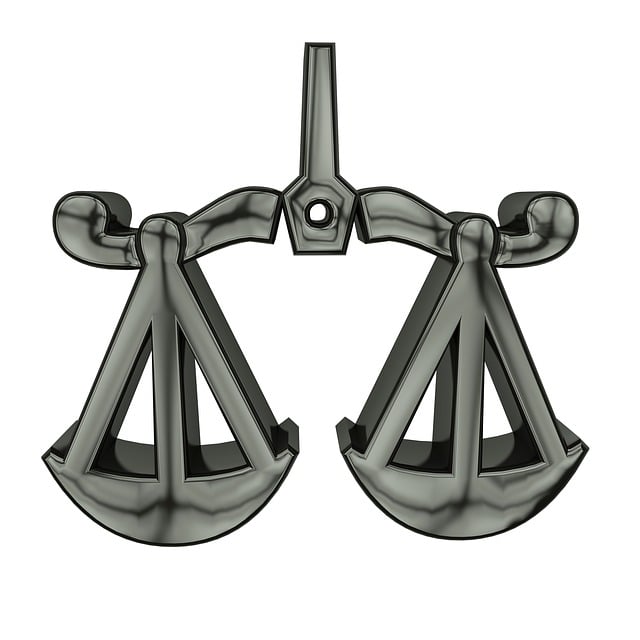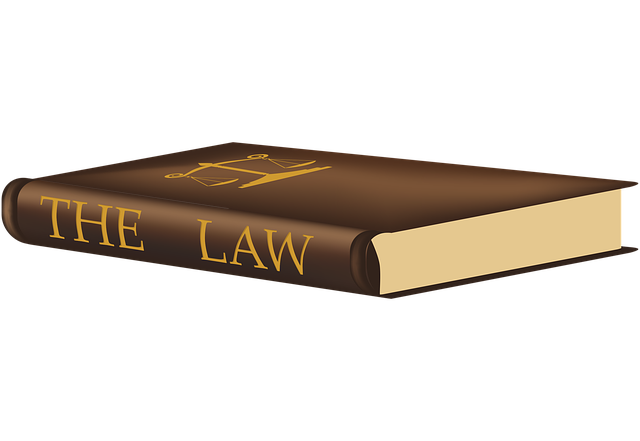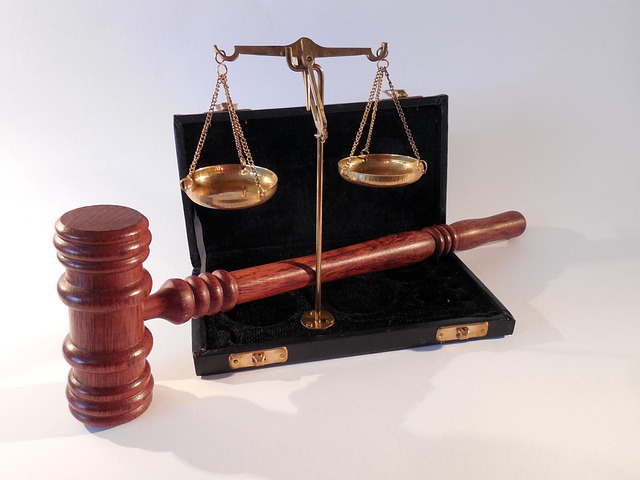Proving damages in defamation cases is crucial for financial crime investigations. It involves meticulous analysis of financial records, digital evidence, and witness statements to quantify reputational harm and losses. Legal professionals use advanced methods to assess direct and indirect consequences, ensuring accurate representation for corporate and individual clients. This strategic approach aims to avoid indictment, secure compensation, hold perpetrators accountable, and mitigate the impact on victims' businesses and lives.
In the intricate landscape of financial crime investigations, understanding defamation law is paramount. This article delves into crucial aspects of proving damages in defamation cases, guiding professionals navigating complex legal strategies. We explore how to gather evidence demonstrating intent and harm, assess monetary losses accurately, and employ effective legal tactics. By mastering these techniques, investigators can ensure robust case proofs, ultimately enhancing the integrity of financial investigations.
- Understanding Defamation Law in Financial Investigations
- Gathering Evidence: Proving Intent and Harm
- Damages Assessment: Quantifying Monetary Loss
- Legal Strategies for Effective Defamation Case Proofs
Understanding Defamation Law in Financial Investigations

In financial investigations, understanding defamation law is paramount to navigate complex legal terrain. Defamation refers to the making of false statements that harm an individual’s reputation, and it plays a significant role in high-stakes cases where proving damages is crucial. The key lies in demonstrating that the alleged defamatory statements are not only false but also cause tangible harm or financial loss to the victim.
Legal professionals involved in these investigations must consider the nuances of defamation, especially when dealing with sensitive financial matters. A successful defense strategy in general criminal defense cases may involve challenging the evidence and proving a complete dismissal of all charges related to defamation. This requires meticulous research and a deep understanding of both the financial aspects and legal principles governing defamation, ensuring a robust defense for those facing such accusations.
Gathering Evidence: Proving Intent and Harm

In finance crime probes, gathering evidence is a meticulous process aimed at proving both intent and harm. This involves sifting through complex financial transactions, analyzing digital trails, and corroborating witness statements to build a compelling case. For his clients, a winning challenging defense verdict often hinges on this initial phase, where every detail is scrutinized. An unprecedented track record of success underscores the importance of thorough evidence gathering in securing favorable outcomes.
Proving damages in defamation cases requires a nuanced approach, particularly when financial losses are not immediately apparent. Experts must delve into economic impact assessments and historical financial records to quantify harm. This meticulous process ensures that victims receive just compensation for reputational damage, which can be as significant as any material loss.
Damages Assessment: Quantifying Monetary Loss

Assessing damages is a crucial step in finance crime probes, especially when seeking compensation for defamed parties. In defamation cases, proving damages involves quantifying the monetary loss incurred due to false statements or publications that harm an individual’s reputation. This process requires meticulous analysis of various factors, including the extent of reputational damage, lost business opportunities, and any financial gains or losses directly attributable to the defamatory act.
Legal professionals employ sophisticated methods to determine these damages, considering both direct and indirect consequences. For corporate and individual clients alike, ensuring that monetary losses are accurately represented is vital to avoid indictment and achieve just compensation. This careful assessment of damages plays a significant role in holding perpetrators accountable and mitigating the impact of financial crimes on victims’ respective businesses and personal lives.
Legal Strategies for Effective Defamation Case Proofs

In defamation cases, establishing the veracity of claims is paramount for legal strategists. The burden of proof lies with the plaintiff, who must demonstrate that false statements were made with actual malice or negligence, causing harm to their reputation. Legal professionals employ a range of tactics to gather evidence and prove damages effectively. This includes presenting credible witnesses, gathering digital forensics to verify online publications, and examining financial records to illustrate the impact on the victim’s business or personal standing.
For corporate and individual clients alike, the goal is to avoid indictment by carefully constructing arguments that challenge the authenticity of defamatory statements. In high-stakes cases, where substantial damages are at stake, strategic planning is crucial. This may involve leveraging expert testimony to interpret complex data, ensuring robust documentation of all communications related to the incident, and preparing for potential jury trials by crafting compelling narratives that resonate with the court and jury members.
In the intricate landscape of finance crime probes, understanding defamation law is pivotal. By meticulously gathering evidence that proves intent and harm, along with precise damages assessment, legal professionals can navigate these complex cases effectively. Leveraging strategic approaches to defamation proof enables a stronger defense or prosecution, ultimately ensuring justice in quantifying monetary losses. When it comes to proving damages in defamation cases, a comprehensive grasp of these principles is indispensable for achieving favorable outcomes.






